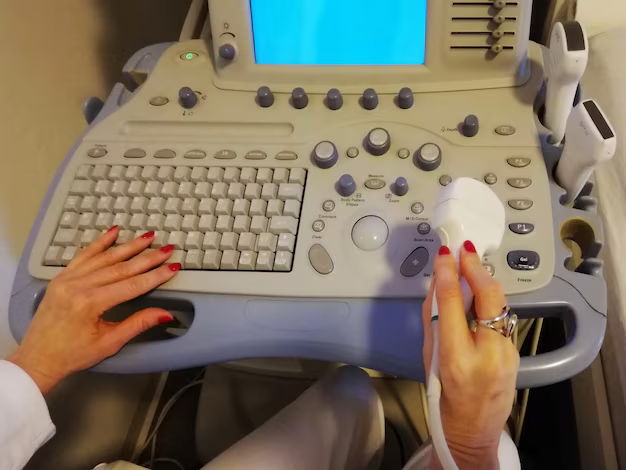How to Become a Sonogram Technician: Degrees, Certifications, and Licenses
Embarking on a career as a sonogram technician offers a pathway into the dynamic field of medical imaging, merging technology and patient care. The journey typically begins with formal education, where aspiring technicians can choose between an associate’s or bachelor’s degree in sonography or a related health sciences field. These programs often include comprehensive coursework in human anatomy, medical ethics, and ultrasound technology, combined with hands-on training in clinical settings. This educational route not only equips students with the necessary technical knowledge but also prepares them for real-world scenarios they will encounter in healthcare environments.
Beyond a degree, acquiring certification is crucial for most sonogram technician roles. Many employers require accreditation from recognized organizations such as the American Registry for Diagnostic Medical Sonography (ARDMS) or Cardiovascular Credentialing International (CCI). These certifications demonstrate a technician's expertise and commitment to maintaining high standards in the field. Furthermore, some states may require licensure, so it’s beneficial to check specific state mandates. By investing in these educational and certification pathways, individuals lay a solid foundation for a successful and fulfilling career as a sonogram technician.
Pathways to Becoming a Sonogram Technician:
-
🎓 Degree Programs:
- Associate's Degree in Diagnostic Medical Sonography
- Bachelor’s Degree in Diagnostic Medical Sonography or Related Health Sciences
-
📜 Certifications:
- Registered Diagnostic Medical Sonographer (RDMS) from ARDMS
- Certified Registered Cardiac Sonographer (RCS) from CCI
-
🏷️ Licensure:
- State-specific licensure requirements (if applicable)
Exploring these educational routes can significantly enhance your readiness to succeed and advance in the ever-evolving healthcare field.
